Portfolio
Farrel Hakim



Farrel Hakim


I am a chemical engineering student. benefit everyone.
I think the most exciting part of being a chemical engineer in the future is helping others by providing innovations that



Chapter 1

Introduction to Chemical Engineering
Process Engineering Drawing
Exploration and Production of Hydrocarbon
Transp & Utilization of Natural Gas
Engineering Economics
Health, Safety, and Environment
Mass Transfer: Extraction
Herbal Technology
Food Technology
Drugs and Cosmetics Technology
Petroleum Processing
Chemical Product Design

In the "Introduction to Chemical Engineering" course, students gain a comprehensive understanding of the field by:
Distinguishing chemical engineering from other engineering disciplines
Exploring the development and evolution of chemical engineering.
Grasping the fundamentals of existing processes and systems within chemical engineering
Performing basic calculations involving mass and energy balance
Learning the criteria for selecting and designing process equipment
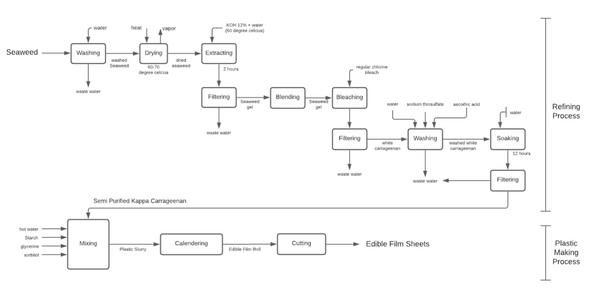
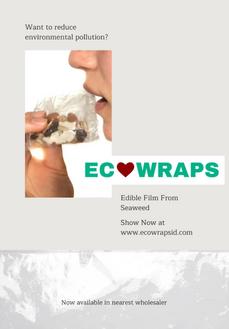
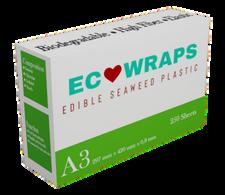
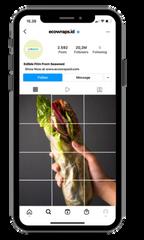
Indonesia is renowned for its abundant natural resources According to the United Nations Food and Agriculture Organization (FAO), Indonesia was the world's top producer of Eucheuma Cottoni seaweed in 2019, supplying over 80% of the global demand. This type of seaweed can be utilized in producing bioplastics, offering a viable solution to reduce environmental pollution caused by non-degradable plastic waste
In our innovative project, we focused on producing bioplastic from seaweed, which can be used for food packaging The manufacturing process involves:
1.
2
3
Seaweed Preparation: Seaweed is treated with KOH (Potassium Hydroxide) and chlorine bleach to eliminate any fishy odors
Chlorine Removal: A sanitizer (anti-chlorine) is added to ensure the final product is safe for consumption
Enhancing Properties: Glycerine and sorbitol are incorporated to improve the bioplastic's elasticity, tensile strength, and moisture content, resulting in characteristics similar to conventional plastic.
The resulting bioplastic, marketed under the name "Ecowarps," is designed to be affordable and accessible to all economic groups This edible product aligns with the growing demand for environmentally friendly alternatives and represents a significant step towards reducing plastic waste

In the "Process Engineering Drawing" course, students develop essential skills in creating and interpreting engineering drawings critical to process design and operation The course covers:
Manual Drawing Skills: Creating process flow diagrams (PFDs), piping and instrumentation diagrams (P&IDs), and plant layouts. Students will hone their ability to manually create clear and accurate engineering diagrams
Software Proficiency: Gaining familiarity with drawing software, specifically Visio and AutoCAD, to enhance precision and efficiency
Interpretation Skills: Understanding and interpreting the meaning and significance of engineering drawings. Students will develop the ability to read and understand complex engineering diagrams, facilitating effective communication and problem-solving within engineering teams.
For the final project, students are tasked with creating a set of detailed engineering drawings, which include:
1
2
Block Flow Diagram (BFD): A high-level representation of the major process steps and flows within the system
Process Flow Diagram (PFD): A more detailed diagram that includes major equipment, control loops, and primary piping paths
3.
Piping and Instrumentation Diagram (P&ID): The most detailed of the diagrams, showing all process piping, equipment, instrumentation, and control devices, along with their interconnections.
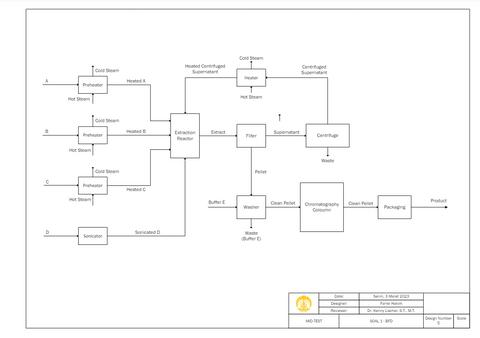
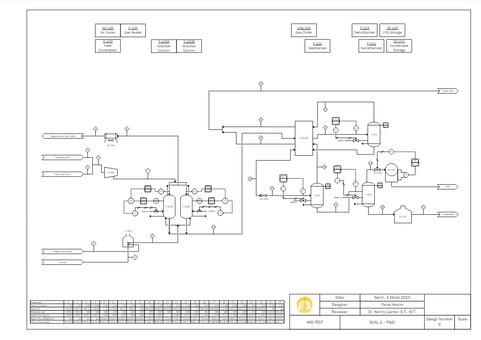
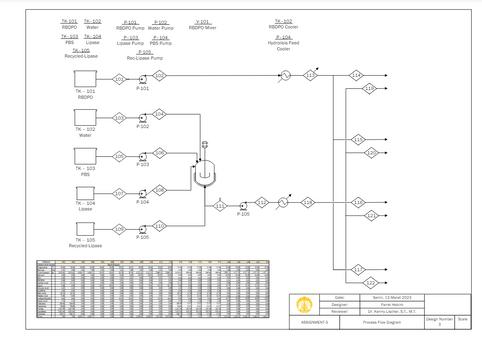
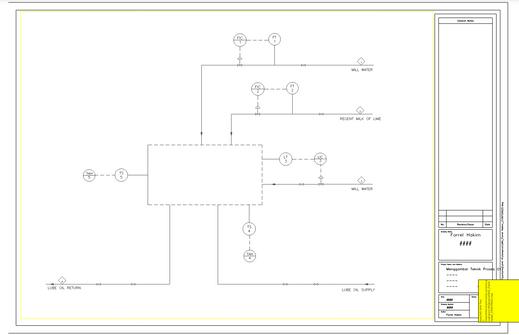
Course Overview
The "Exploration and Production of Hydrocarbons" course provides students with a deep understanding of the processes involved in discovering and extracting hydrocarbons This course prepares students to effectively participate in the hydrocarbon industry, equipping them with the technical knowledge and practical skills necessary for successful exploration and production operations.The curriculum covers:
Introduction to Hydrocarbons
Geological and Geophysical Methods
Drilling Techniques
Reservoir Engineering

Production Methods
Enhanced Oil Recovery (EOR)
Health, Safety, and Environmental Considerations
Economic Analysis
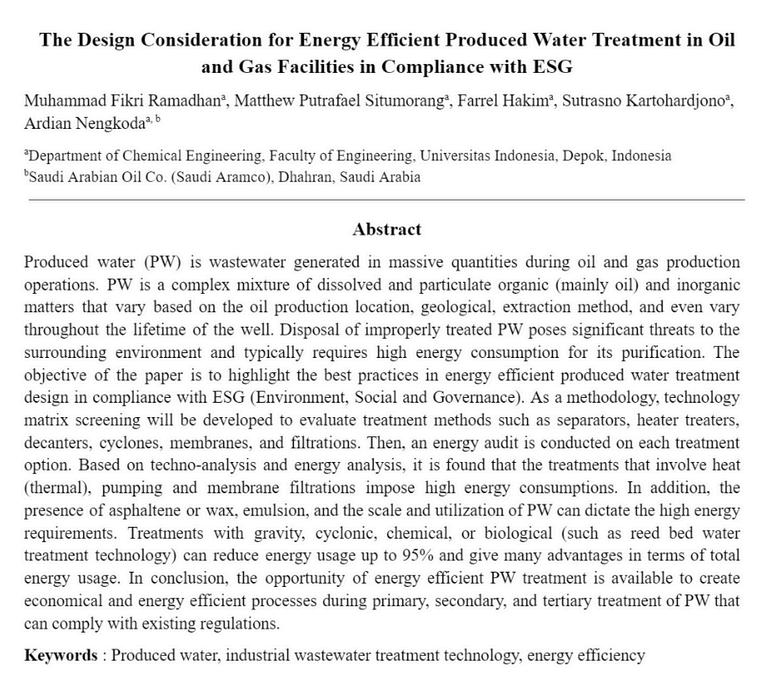
The "Transportation & Utilization of Natural Gas" course offers students a comprehensive understanding of the processes and technologies involved in the transportation and effective use of natural gas This course equips students with the technical knowledge and practical skills needed to Aspen Hysys & Unisim in the natural gas industry, from transportation to utilization, ensuring they are well-prepared to tackle the challenges and opportunities in this vital sector The curriculum covers:
Introduction to Natural Gas
Gas Processing and Treatment
Pipeline Transportation
Liquefied Natural Gas (LNG)
Compressed Natural Gas (CNG)
Storage Solutions
Utilization Technologies
Environmental and Safety Considerations
Economic Analysi

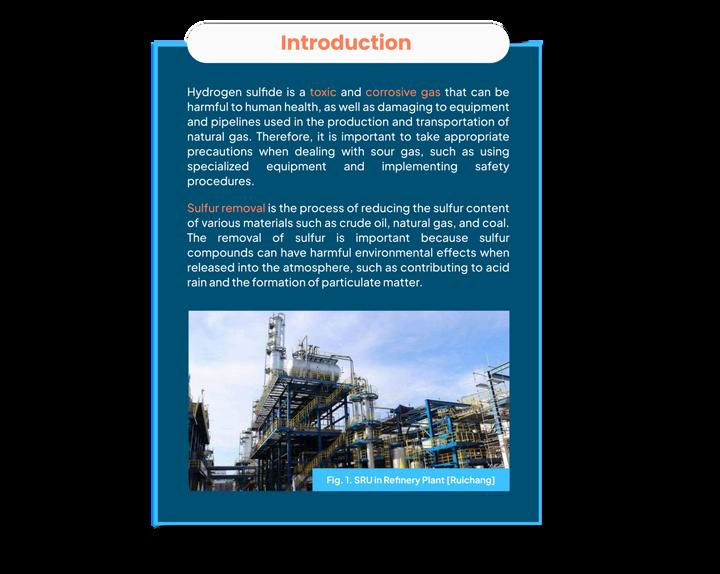
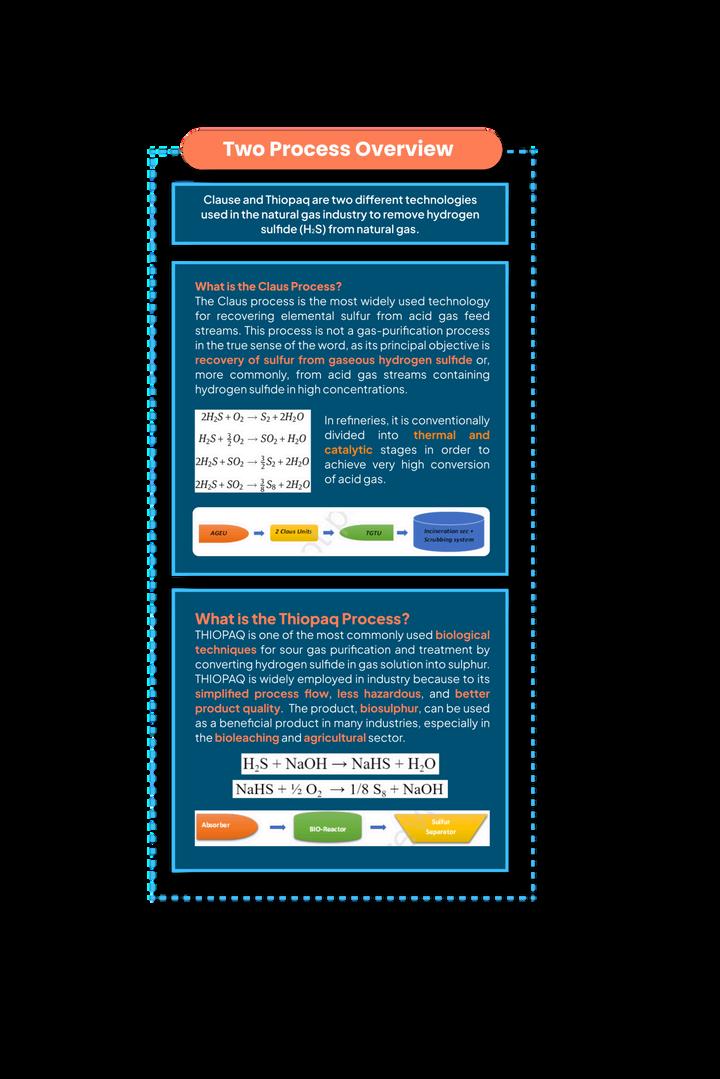
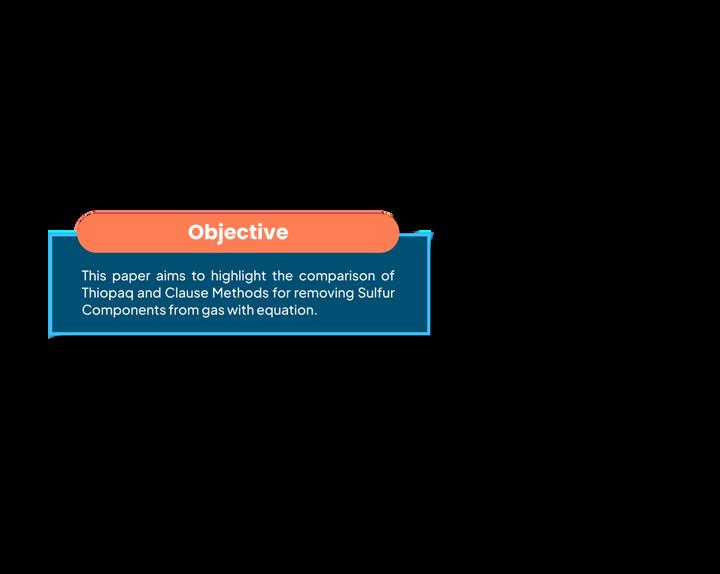
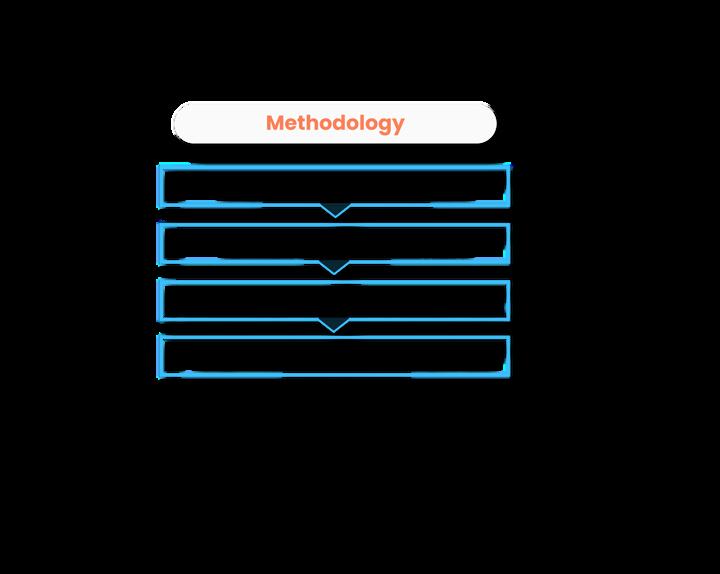

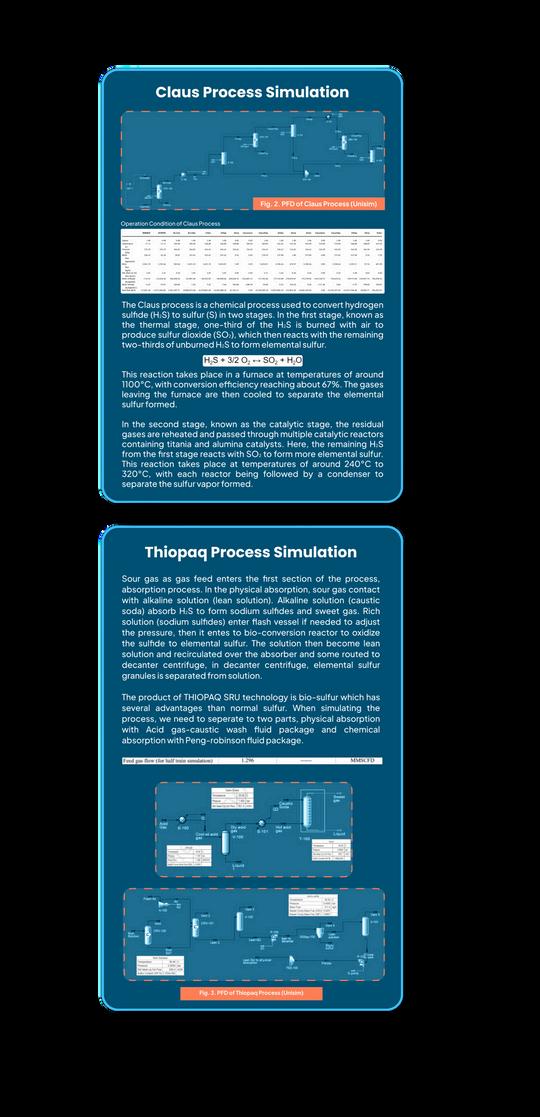
The "Engineering Economics" course provides students with a solid foundation in the principles and practices of economic analysis within engineering contexts The curriculum covers a wide range of topics to ensure a comprehensive understanding of economic decision-making processes in engineering projects:
Introduction to Engineering Economics
Time Value of Money
Combining Factors
Interest Rates
Money Worth Analysis
Rate of Return Analysis

Effects of Inflation
Benefit/Cost Analysis and Break-Even Point Analysis
Sensitivity Analysis
Depreciation and Tax Analysis
Cost Estimation and Allocation
Capital Budgeting & Replacement Analysis
This course equips students with the essential economic skills needed to evaluate and optimize engineering projects, ensuring they are well-prepared to contribute to financially sound and efficient engineering solutions
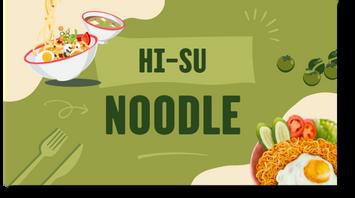
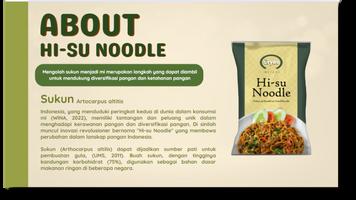
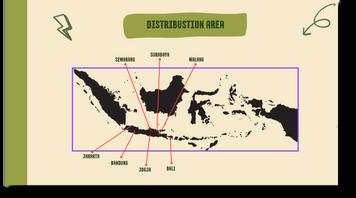
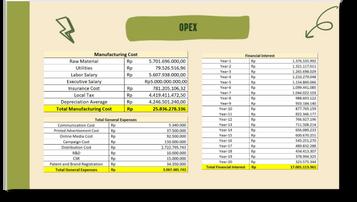
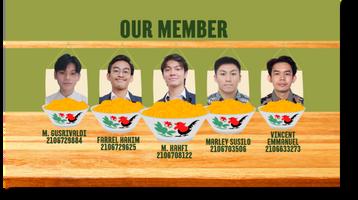
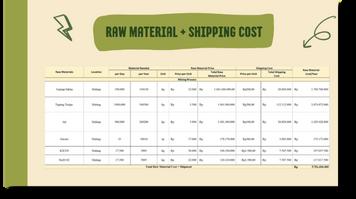
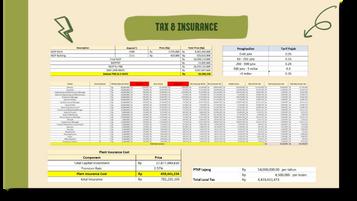
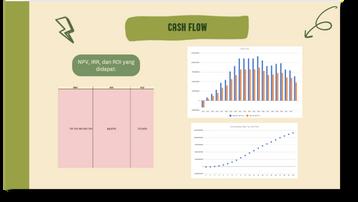
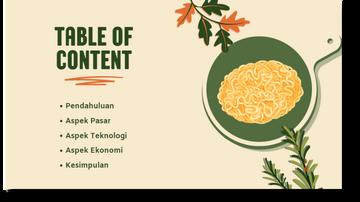
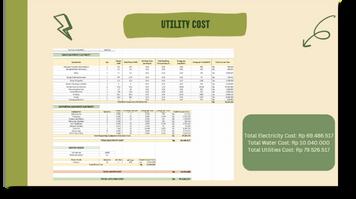
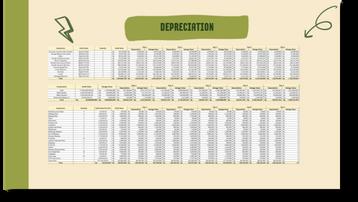
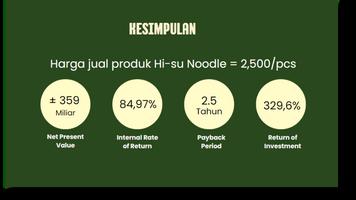

Electrical Hazard Course
The "Health, Safety, and Environment" (HSE) course provides a comprehensive understanding of the principles and practices essential to ensuring a safe and environmentally responsible workplace The curriculum covers a wide array of topics designed to equip students with the knowledge and skills necessary to identify, assess, and manage health, safety, and environmental risks:
Introduction to Regulation and Standards
Risk Perception, Assessment, and Management
Machinery Hazards
Noise Hazards
Process Safety Hazard
Fire and Explosion Hazard
Toxicology in The Workplace
Environmental Protection
Environmental Protection Control Processes
Hazard Communication to Employees
Personal Protective Equipment (PPE)
Safety Audits, Incident, and Emergency Planning
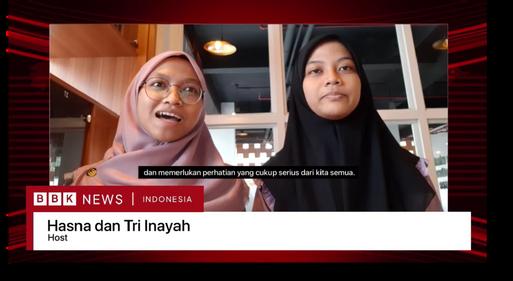
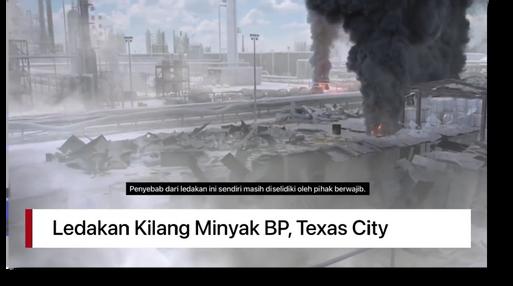
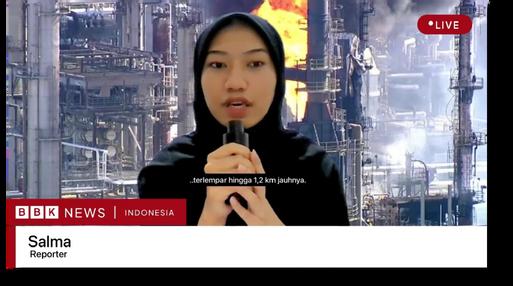
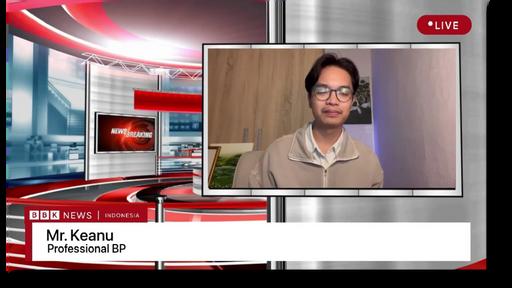
Access Full Video: https://drive.google.com/file/d/1B57 NojowiMFiPBmZ7zbGibF-9JYRiCj/view?usp=sharing

Course Overview
The "Mass Transfer" course delves into the fundamental principles and applications of mass transfer processes in chemical engineering The curriculum provides students with a thorough understanding of the mechanisms driving mass transfer and equips them with the analytical skills necessary to address practical engineering problems related to mass transfer. Key topics covered in the course include:
Mass Transfer Coefficients
Molecular Diffusion
Distillation
Humidification
Extraction
Draying
Final Project
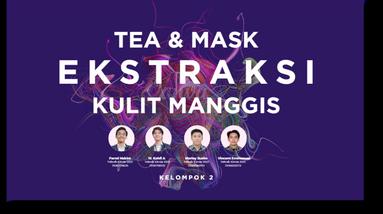
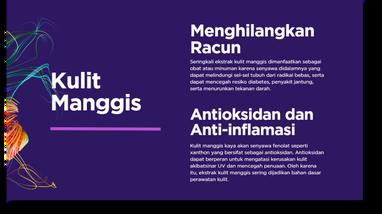
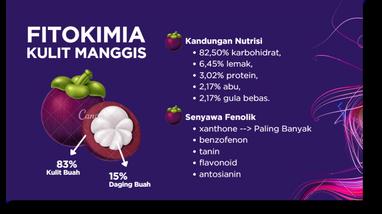
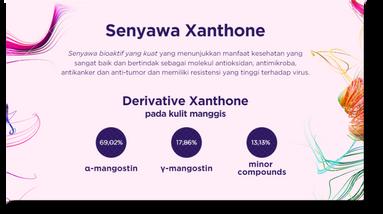
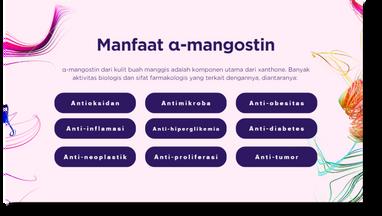
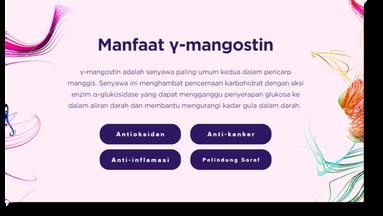
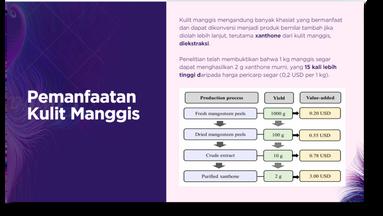
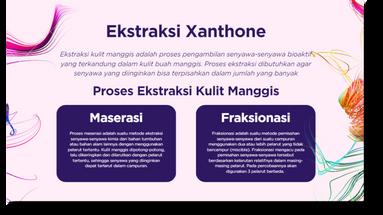
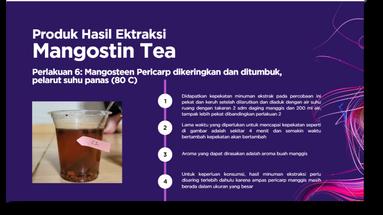
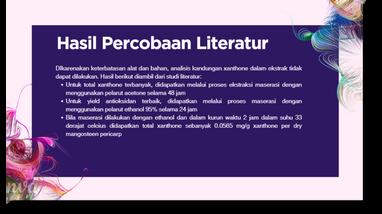
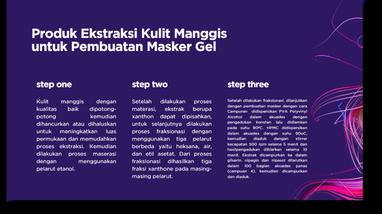
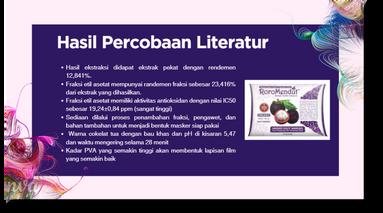
The "Herbal Technology" course provides a comprehensive exploration of the principles and practices involved in the development and production of herbal products The curriculum covers a broad spectrum of topics, offering students a deep understanding of herbal technology and its applications in the pharmaceutical industry. Key areas of study include:
Introduction to Herbal and Active Compounds
Development of Herbal Applications
Herbal Separation Technology
Herbal Formulation Basis
Herbal Regulation
Comparison with Pharmaceutical Products
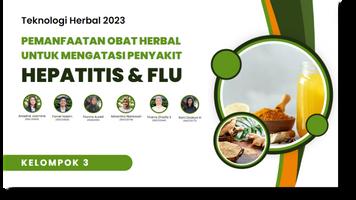
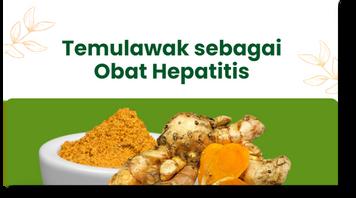
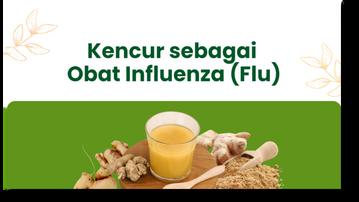

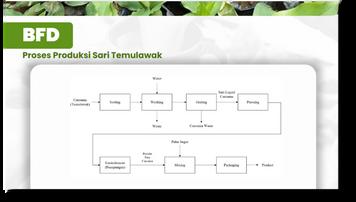
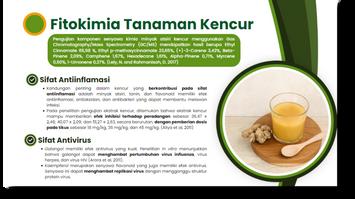
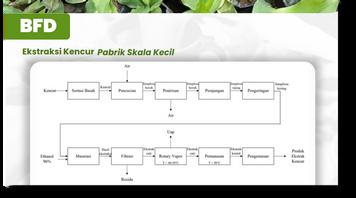
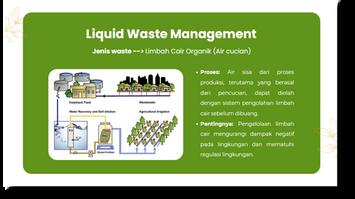
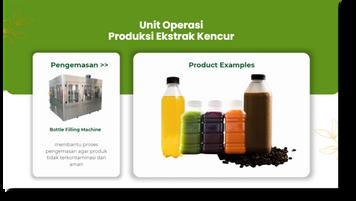
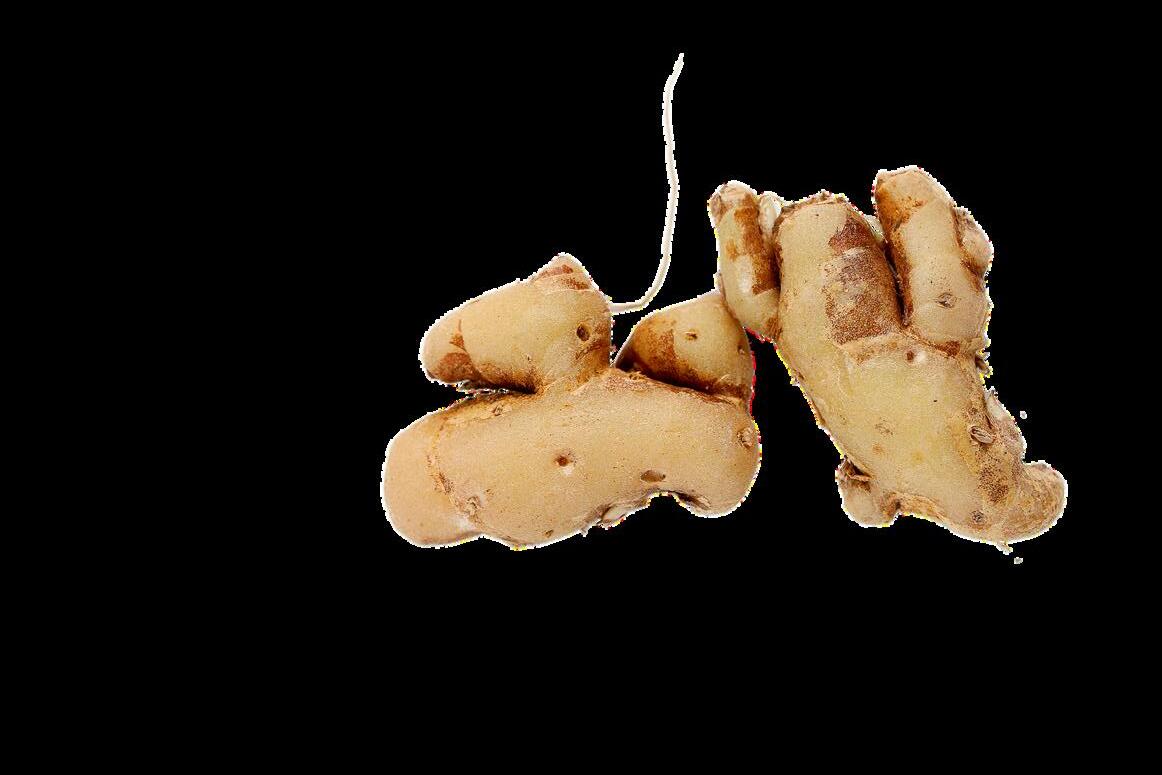

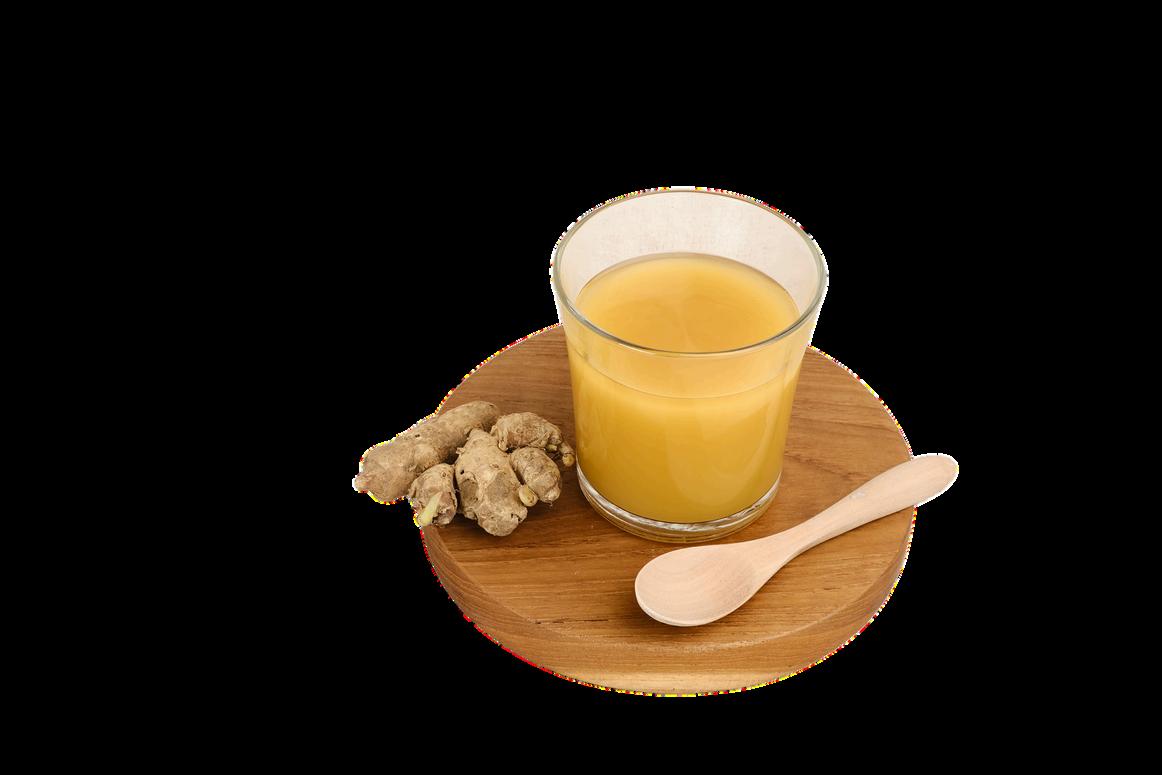
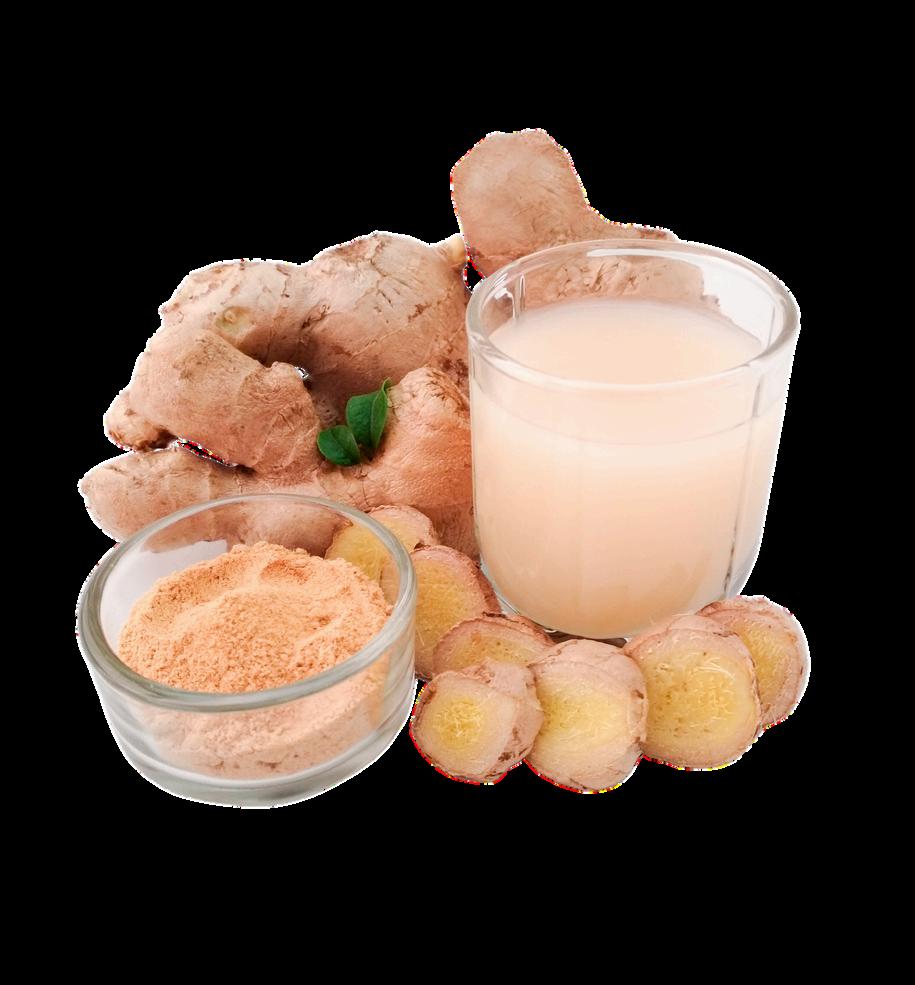
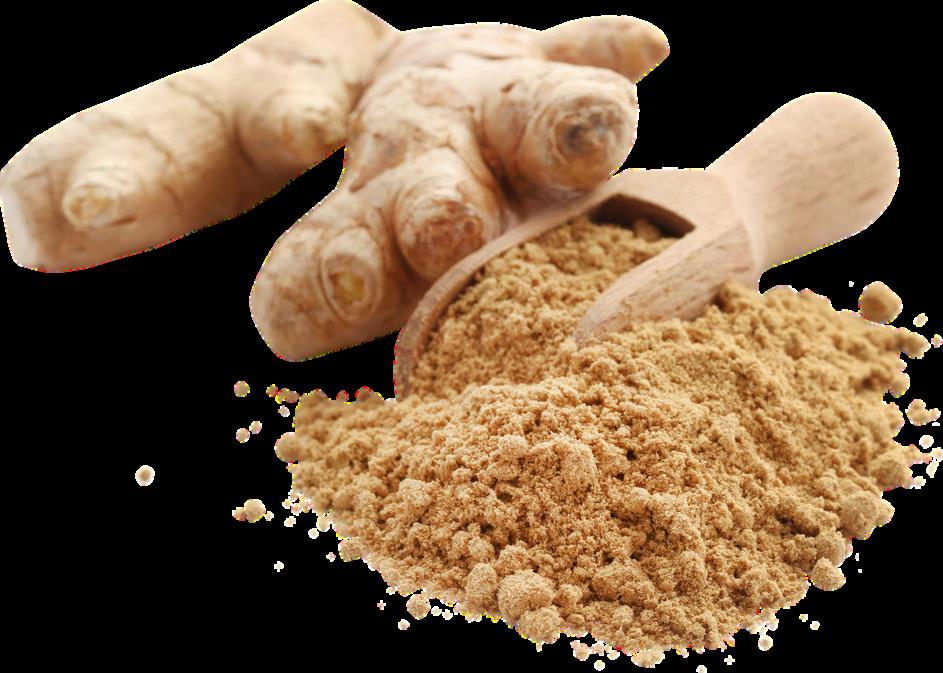

Course Overview
The "Food Technology" course provides an in-depth understanding of the various processes involved in the food industry, from the selection and handling of raw materials to the packaging and storage of finished products The curriculum is designed to cover all aspects of food production, ensuring students gain comprehensive knowledge and practical skills in modern food technology. Key topics include:
Introducing to Food & Beverages Industry
Selection and Handling of Raw Materials
Food Processing Techniques
Operating Units of Food Production
Food Packaging
Storage of Food Products
Process Control and Optimatization
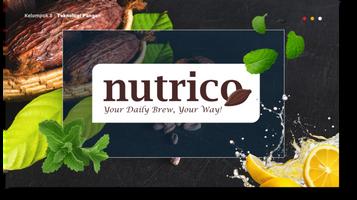
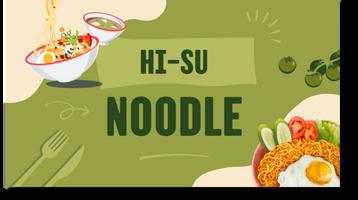
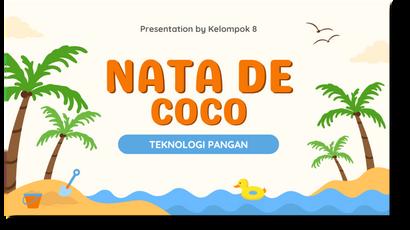
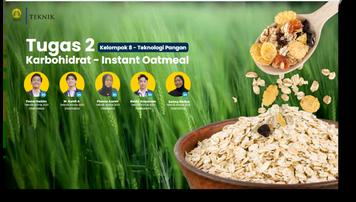
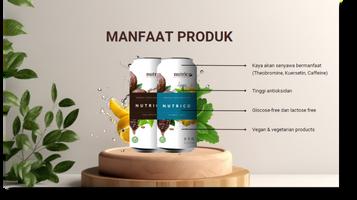
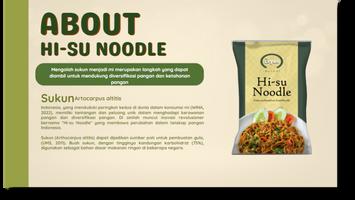
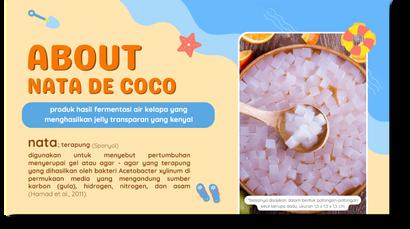
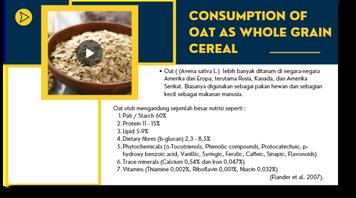
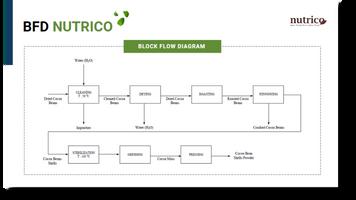

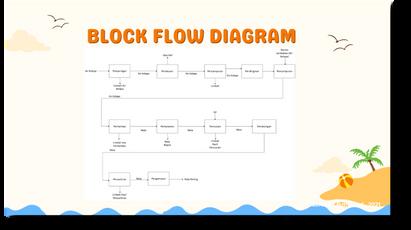
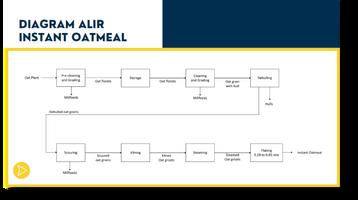

The "Drugs and Cosmetics Technology" course provides a comprehensive understanding of the principles and processes involved in the production of drugs and cosmetics The curriculum covers a wide range of topics to ensure students are well-versed in the various aspects of this industry, from raw material selection to final product packaging and storage. Key areas of study include:
Anatomy of Human
Drug and Cosmetic Mechanism
Selection and Handling of Raw Materials
Processing of Raw Materials
Operating Units of Production
Packaging & Storage of Products
Final Project
Showcase Project about Skincare from Herbal-based
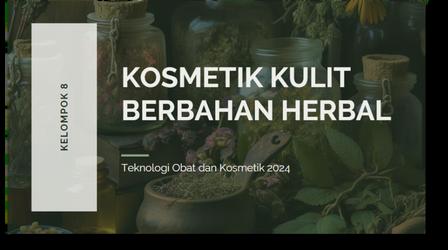
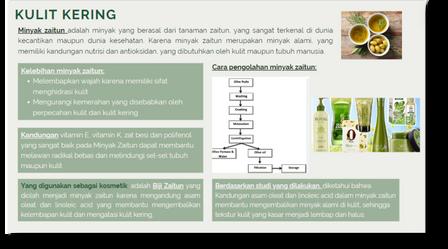
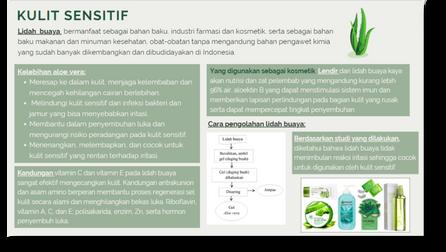
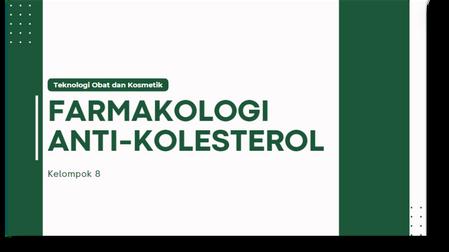
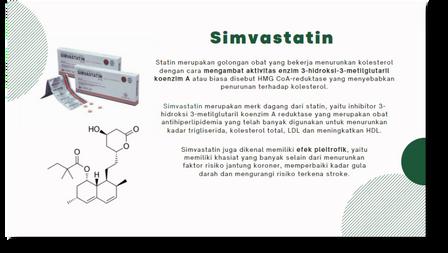
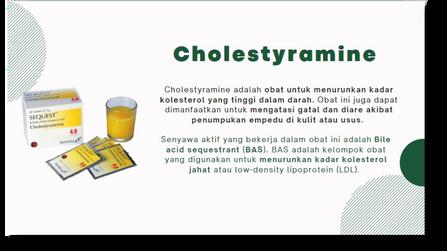

The "Pengolahan Minyak Bumi" course offers a comprehensive introduction to the processes and technologies involved in the refining of crude oil into various valuable products This course covers the fundamental principles and operations of petroleum refining, emphasizing both the theoretical and practical aspects. Key areas of study include:
Introduction to Petroleum Refining
Crude Oil Characteristics
Refinery Configuration and Operations
Conversion Processes
Catalytic cracking and hydrocracking
Hydrotreating and hydroprocessing
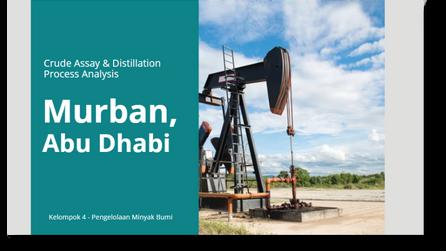
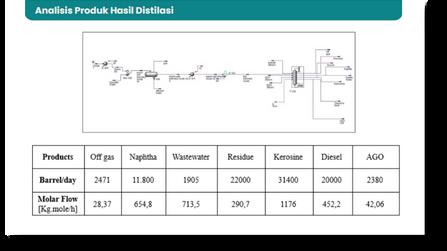
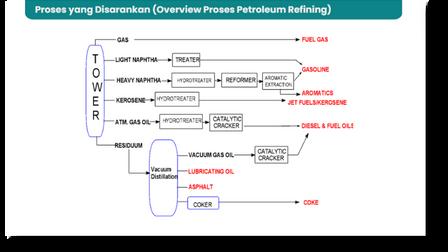
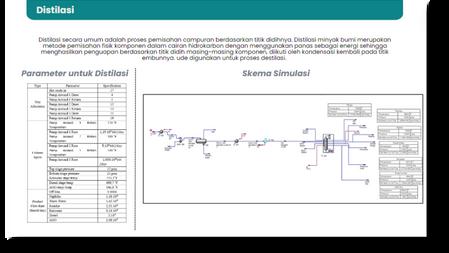
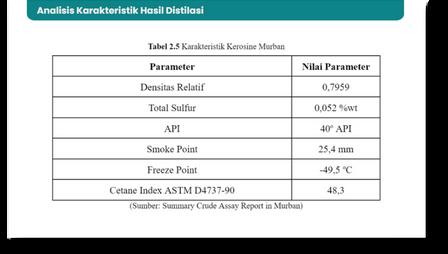
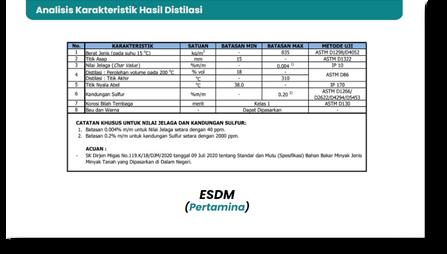
Course Overview
The "Chemical Product Design" course equips students with the knowledge and skills necessary to design innovative chemical products and evaluate their technical and economic feasibility Key components of the course include:
Consumer Needs and Product Specifications
Product Concept Design and Lesson Learned
Creating and Selecting Concepts
Product Manufacture and Plant Layout
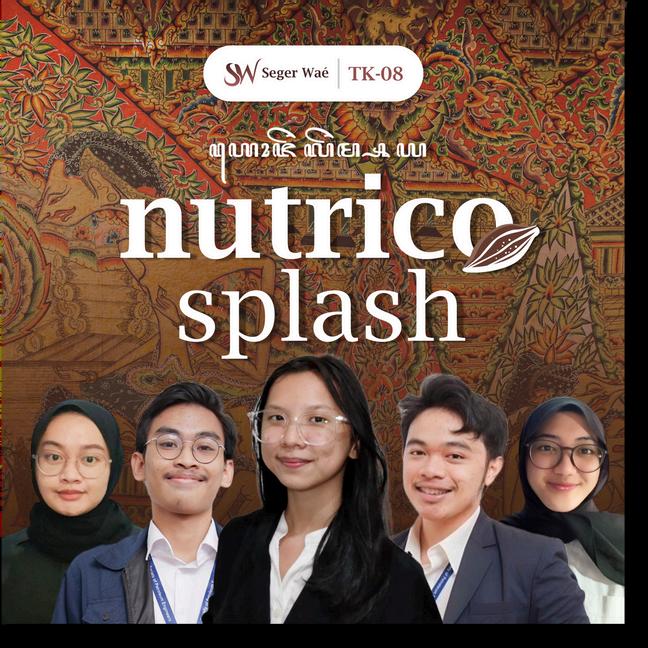
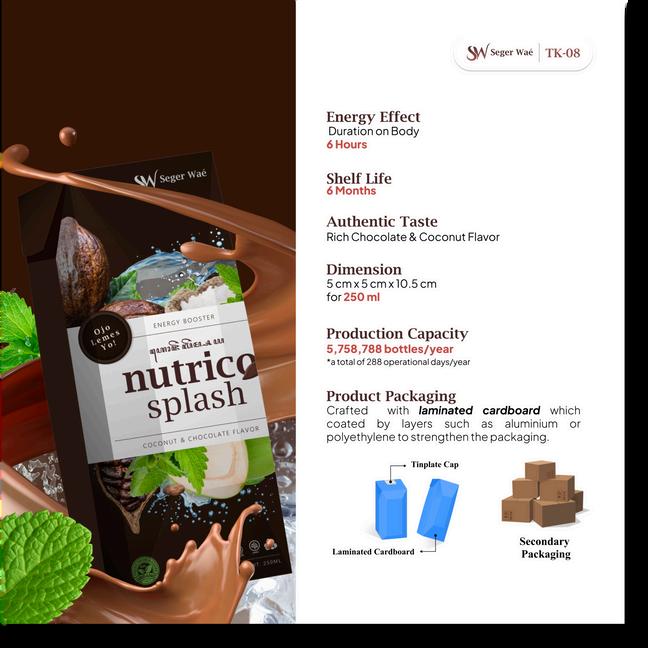
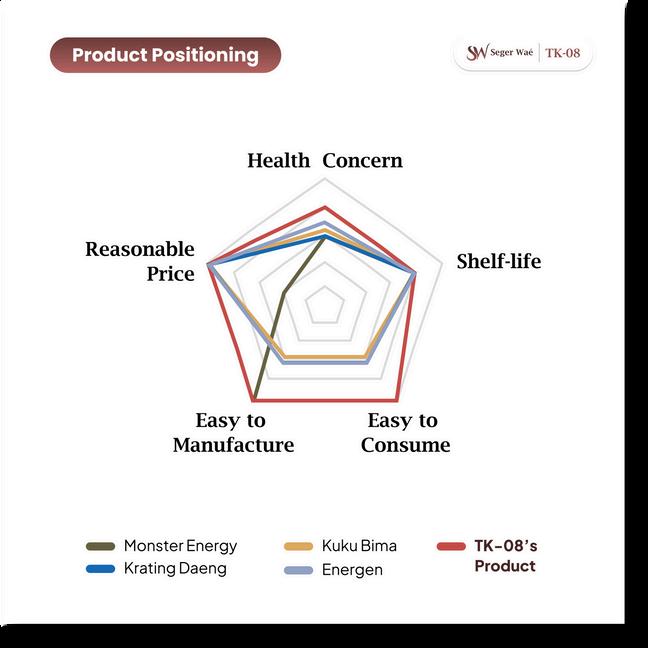

Supply Chain and Marketing
Economic Analysis
Intellectual Property Rights
Final Presentation & Exhibition
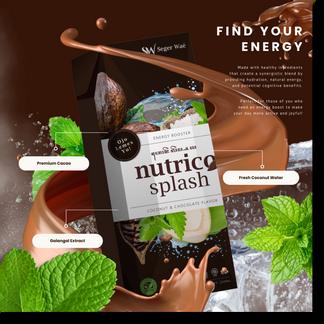
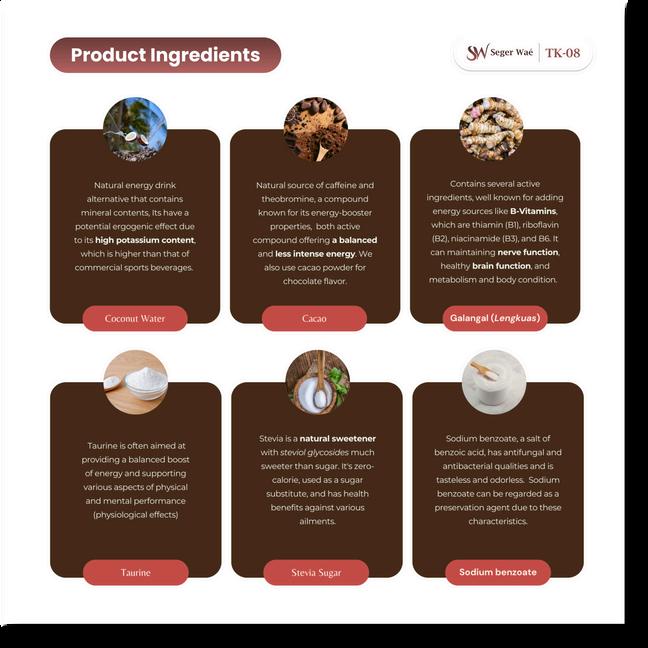

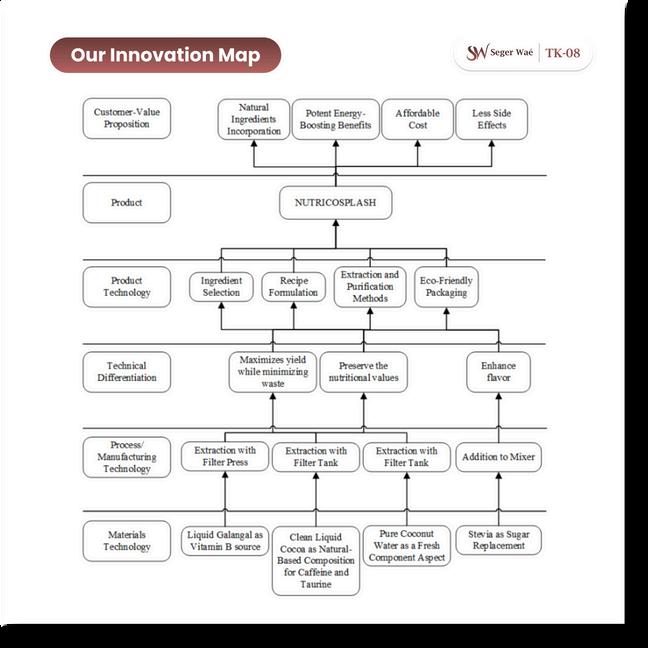

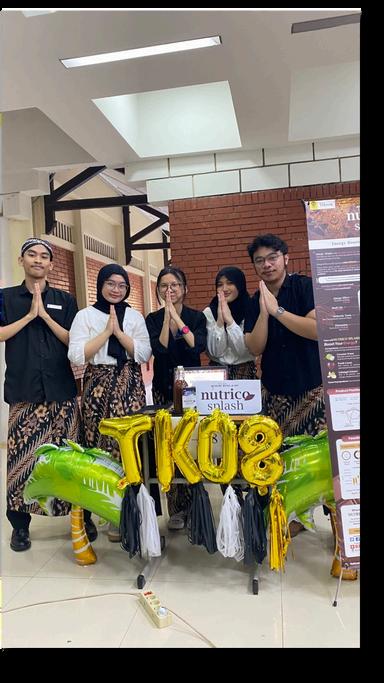
Think Efficiency 2023 by Shell Indoneisa & SRE Indonesia
Business Case Competition Petrodays 2023 by Society of Petroleum Engineers UI SC
Business Plan Competition in Renewable Energy by ACCESS & UNDP Indonesia 2022
PKM-GFK Olimpiade Ilmiah Mahasiswa FTUI 2022
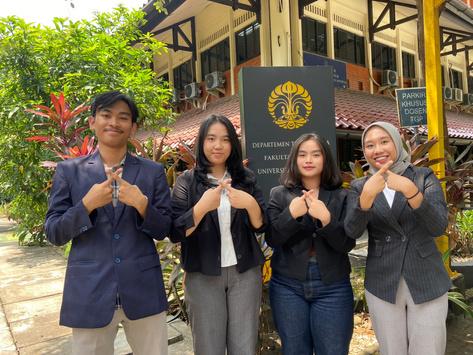
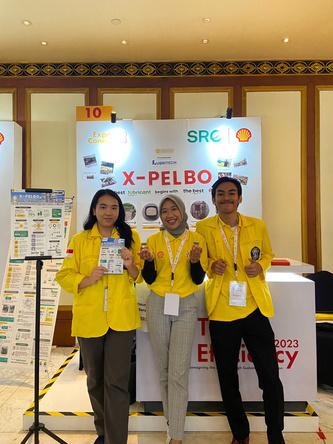
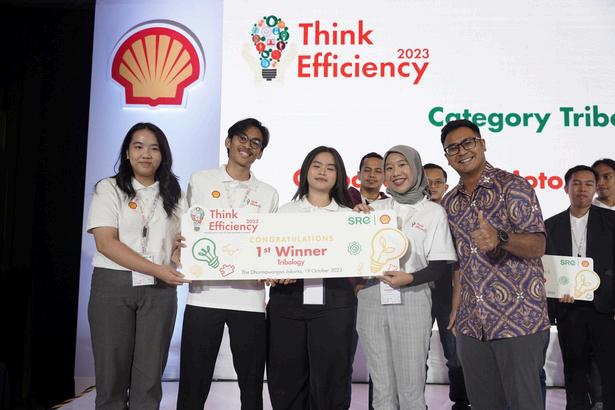

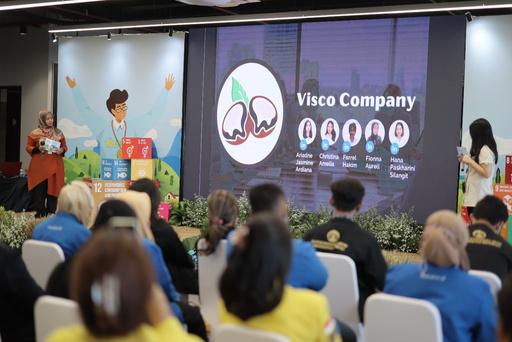
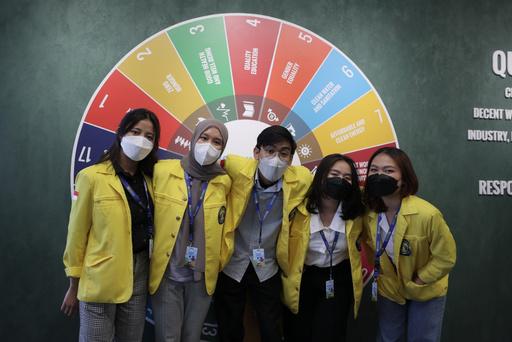
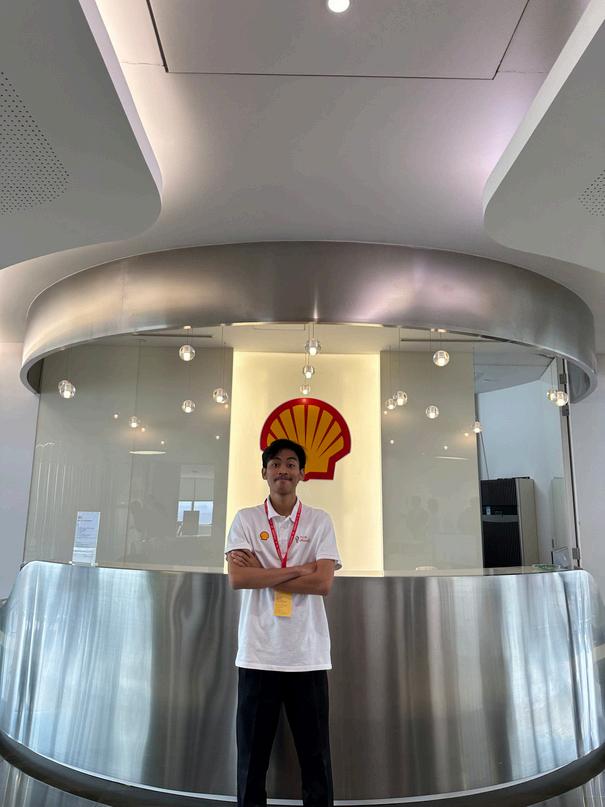
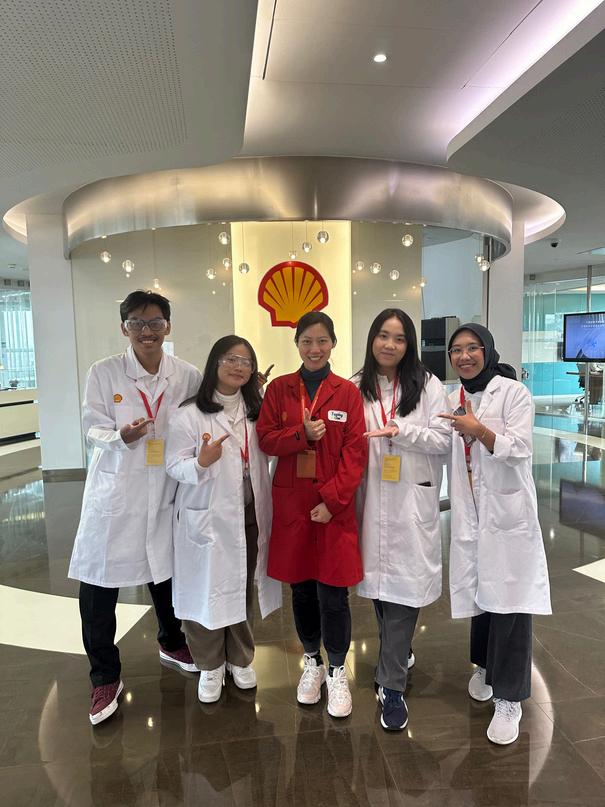


issuu.com/farrelhakim/docs/creative